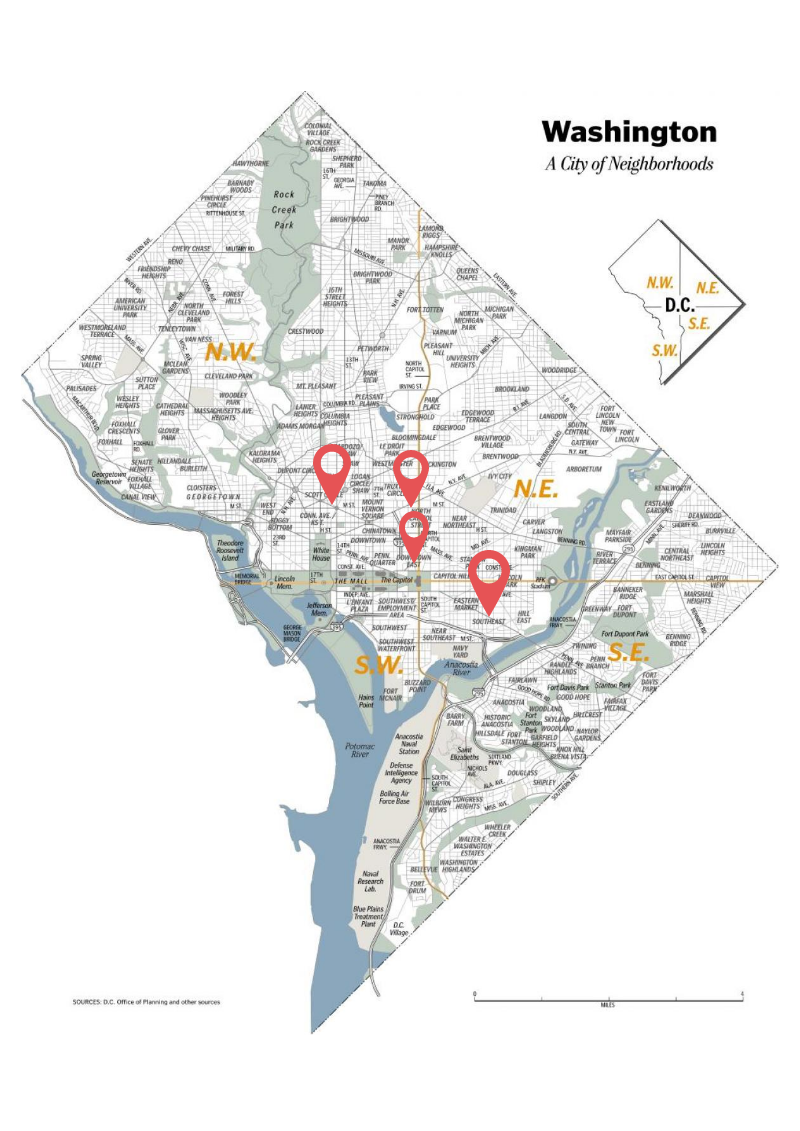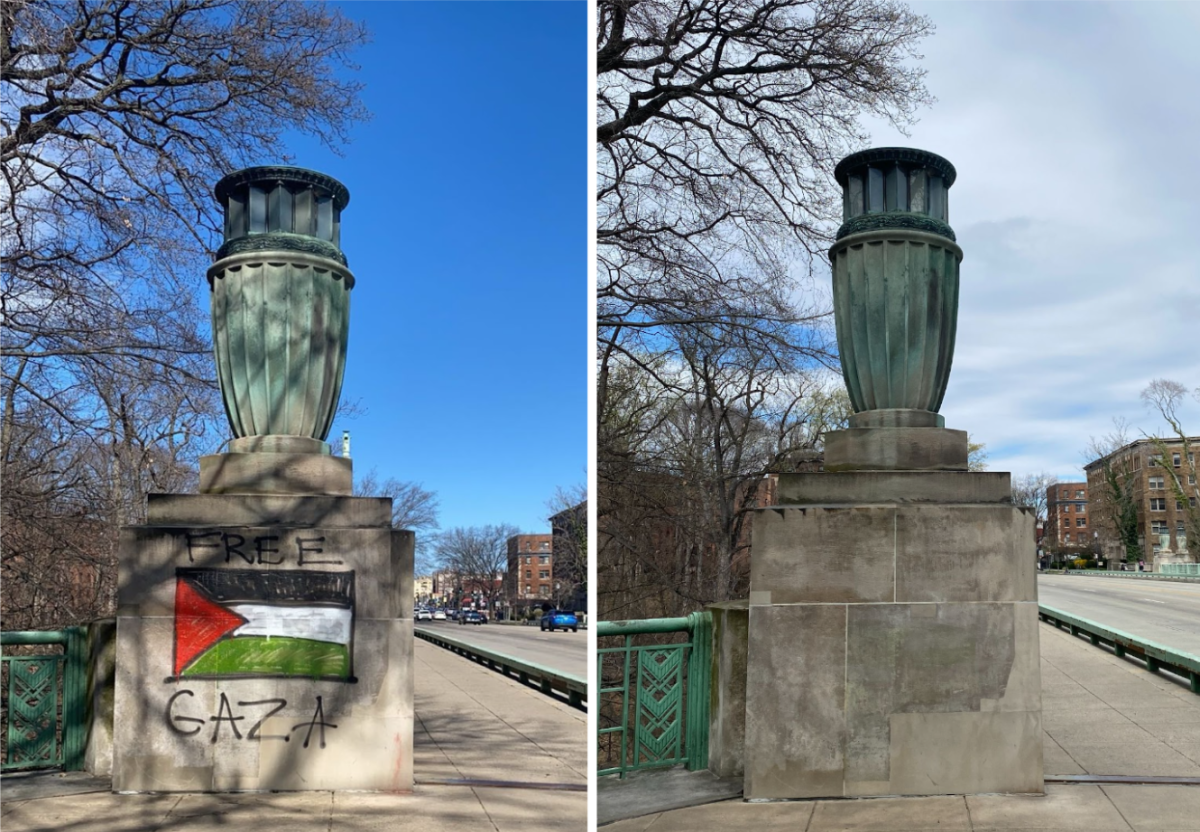Despite being one of the most progressive cities in the country, D.C. is still struggling to address and educate its residents about a contemporary social issue in America: sexual health.
The district has especially been struggling with encouraging healthy sexual practices among its residents, or proper practices once sexual health issues arise. In 2019, D.C. had the highest rate of sexually transmitted disease (STD) transmission (including chlamydia, gonorrhea, and syphilis) of any state or territory, according to the CDC.
That’s not to say, however, that there is a lack of sexual health resources in D.C. The issue is a lack of awareness of these essential resources. This lack of awareness is especially prominent and problematic among young adults who are often sexually inexperienced, risk-taking and believe they lack control over their sexual health. In reality, there are a number of free, confidential and generally accessible sexual health resources available for young adults throughout the city and online.
The Defending Access to Women’s Health Care Services Amendment Act of 2018 allows women to get copay-free birth control without a doctor’s prescription, which is an important first step in contraceptive accessibility in the city. Beyond government sponsoring, a number of public organizations in D.C. provide sexual health services, ranging from counseling to contraceptive provision to STD testing.
D.C. hosts a clinic run by Planned Parenthood (Carol Whitehill Moses Center at 1225 4th St. NE) that offers a vast number of contraceptives and birth control options, morning after-pills (emergency contraception) and sexual education ranging from abstinence to safer sex education. It caters to English and Spanish speakers and has interpretation availability for other languages.
The Whiteman-Walker Health clinic (at 1525 14th St NW) provides free HIV/STI testing and counseling, as well as PrEP, a once a day pill which is nearly 100% effective in preventing HIV infection for individuals of any gender or sexuality, and PEP, a 28-day emergency medication plan for those recently exposed to HIV. It also provides gynecology and breast health services, along with consultation and services for LGBTQ+ individuals ranging from mental health support to consultation regarding gender-affirming surgery and hormonal therapy.
The AHF Wellness Center (at 650 Pennsylvania Avenue SE) provides testing for chlamydia, gonorrhea, syphilis and HIV exposure. The testing is free, confidential, and has no appointment requirement.
The DC Health and Wellness Center (at 77 P St NE) has both in-person and a large number of virtual sexual health services, including consultation, STD tests, and both PrEP and PEP medication plans.
As sex becomes increasingly relevant to young adults in high school and beyond, as does sexual health, especially in D.C.
Awareness and understanding of the resources available in the city is what will allow its young adults, and D.C. as a whole, to have safer and more confident sexual experiences.
By Alek Danielyan


































































